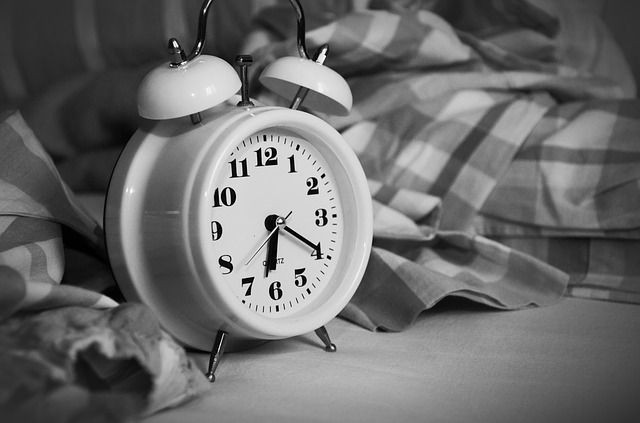Depression Symptoms And Diabetes: Poor Sleep In Diabetics Linked To Mental Health Condition
A new study has found that diabetics who are “night owls,” or people who stay up late and sleep late, have a higher risk of depression than individuals with other sleeping patterns. According to the research, if this is confirmed, it could have significant applications for diabetes patients; though depression is uncommon in this demographic, it can be particularly dangerous if not treated.
The study recently presented at the Endocrine Society’s annual meeting in Orlando found that diabetes patients who stay up late at night and sleep late in the morning are more likely to report depression symptoms, Time reported. However, the study merely noted a link between the two behavior patterns, and was not able to prove a cause-and-effect relationship.
Read: Diabetes Symptoms 2016: Everything You Need To Know
For the study, researchers from Mahidol University Faculty of Medicine in Thailand had 476 volunteers in Chicago and Thailand with diabetes take a questionnaire about their mood, sleep qualities, and what time they preferred to fall asleep and wake up. Results showed that regardless of where in the world respondents lived, those who stayed up later were more likely to experience depression symptoms.

According to the researchers, these findings are especially important as they may help health providers better diagnose depression in diabetes patients. For example, Time reported that depressed diabetics are less capable of managing their disease, and may be more likely to develop complications. According to the Mayo Clinic, these may include nerve damage, kidney damage, eye damage, or even foot damage.
“We need further research to explore a combination of interventions that help with circadian timing, such as light therapy and melatonin,” explained lead investigator Sirimon Reutrakul in a recent statement. “Learning more about the relationship between depression and circadian functioning might help us figure out strategies to improve physical and mental health for patients with diabetes.”
The team hope their findings will be helpful not only for diabetes patients and their doctors, but also to the general public as a reminder of just how important it can be to get enough sleep each night.
See Also:
Diabetes: 5 Early Signs And Symptoms Of Type 2
Type 2 Diabetes Treatment Breakthrough: Intense Therapy Increases Median Lifetime By 8 Years
Published by Medicaldaily.com



























